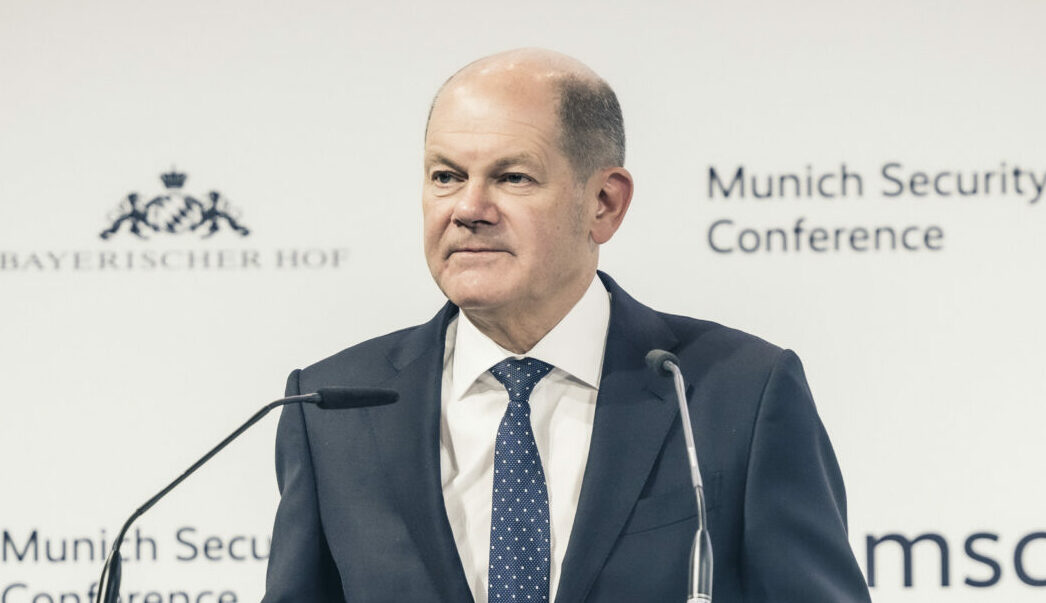Here are the messes in Germany’s public finances. Report Nyt

Germany's highest court has ruled that the government's plan to repurpose billions of euros from a pandemic fund violates the country's constitution. The New York Times in-depth analysis
Germany's highest court has ruled that the government's plan to repurpose tens of billions of euros from a pandemic fund to finance environmental projects violates the national constitution. The decision threatens to blow a hole in the country's budget and complicate the transition to a greener economy. The NYT writes.
The ruling means that Chancellor Olaf Scholz 's government cannot move 60 billion euros, about $64.6 billion, earmarked to tackle the Covid-19 pandemic into a special fund aimed at helping Germany meet ambitious coronavirus targets. reduction of carbon emissions.
The case was taken to court by the centre-right opposition, which argued that the government cannot redirect emergency funds raised for one purpose to another without the approval of lawmakers.
Scholz said his government would respect the ruling and pledged to "expeditiously review" the fund in question.
Why it matters: A limitation on Germany's green ambitions
The decision, which sets a precedent for Germany's fiscal maneuvers during financial crises, imposes a limitation on the country's green ambitions and could heighten tensions within the governing coalition.
The Climate Transformation Fund has 212 billion euros earmarked for projects from 2024 to 2027. The Court ruled that it must now be reduced by 60 billion euros, the money added from unused pandemic funds.
“If this means that obligations already assumed can no longer be met, the budget legislator must compensate for this elsewhere,” the Court said.
The fund supports a wide range of measures to help Germany reach its goal of zero greenhouse gas emissions by 2045. Projects include the deployment of heat pumps, incentives for electric vehicles and spending on hydrogen infrastructure .
Robert Habeck, German Economy Minister, declared that all commitments already made with the fund will be respected. But his Finance Ministry counterpart, Christian Lindner, said he would remove 60 billion euros from the fund and effectively freeze any future commitments until the gap is filled.
The heart of the problem: Germany's "debt brake".
Germany is the only leading industrial economy to have a so-called debt brake written into its constitution. The law, enacted in 2009, limits annual debt to 0.35% of gross domestic product, equal to approximately 12 billion euros per year. Exceptions are made in case of emergencies, including natural disasters or pandemics.
Borrowing limits have led to increasingly creative and complex moves to cover the country's expenses. The German economy, Europe's largest, is expected to shrink this year and recover only slightly in 2024. The climate fund is part of the Scholz government's effort to revive industry by investing in green technology and energy sources. renewable energy.
“The question we ask is whether the debt brake makes economic sense when the country is grappling with structural stagnation and a long series of challenges and transitions, many of which require fiscal support,” he said. said Carsten Brzeski, chief economist at ING Germany.
What happens next: Increasingly difficult budget negotiations.
German lawmakers are negotiating the 2024 budget and financial plans through 2027 this week, amid tensions over spending cuts, aid to Ukraine and now the ability to finance green projects.
Fiscal policy has been a source of conflict between the three parties in Scholz's governing coalition – the Social Democrats, the Greens and the Free Democrats – who have different views on how to negotiate debt brake restrictions.
(Extract from the eprcommunication press review)
This is a machine translation from Italian language of a post published on Start Magazine at the URL https://www.startmag.it/mondo/germania-freno-debito/ on Thu, 23 Nov 2023 15:06:27 +0000.
